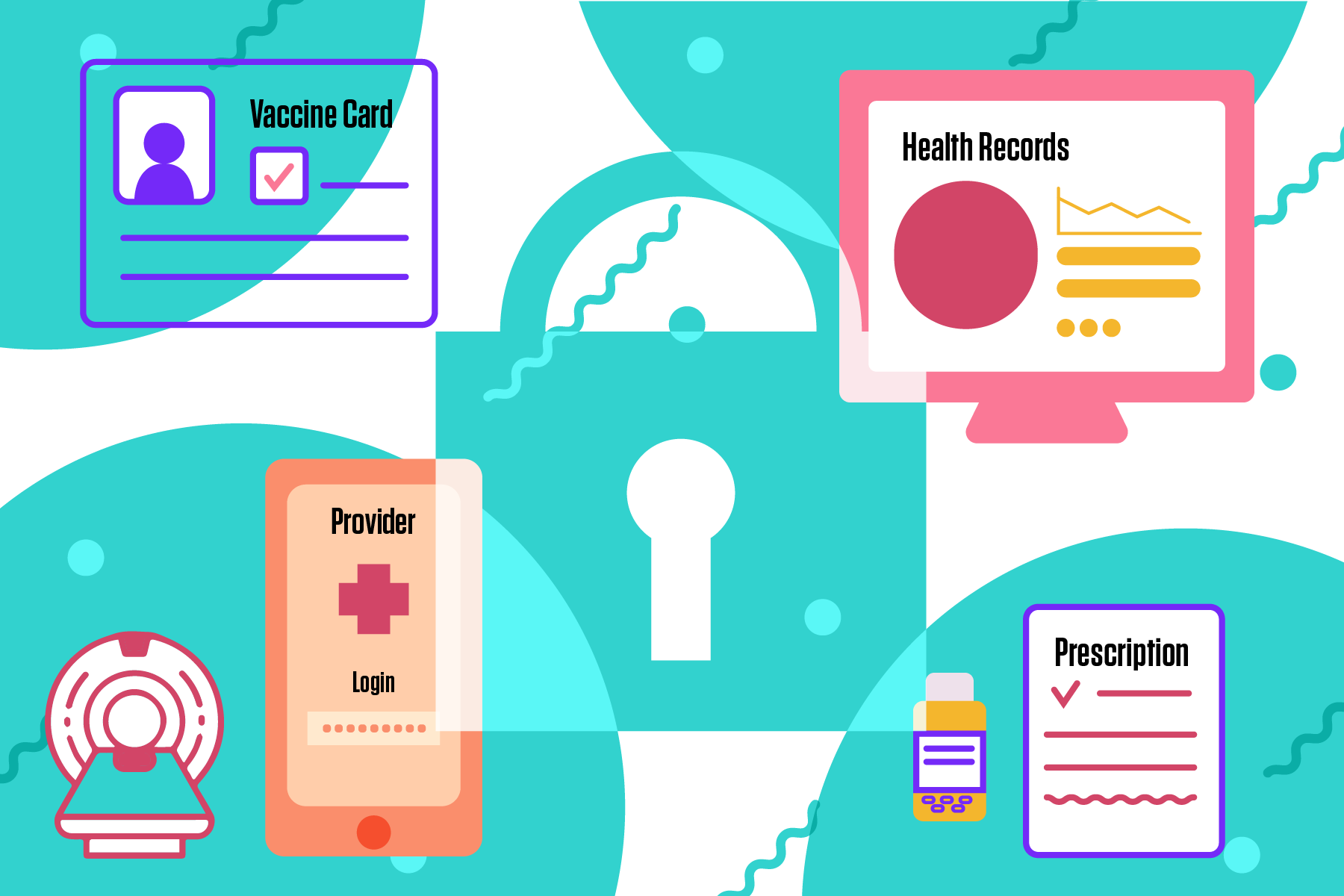

Connected medical devices have many advantages but require a higher level of security. If the medical industry doesn’t improve its cybersecurity posture, it could endanger patient privacy and lives.

Connected medical devices have many advantages but require a higher level of security. If the medical industry doesn’t improve its cybersecurity posture, it could endanger patient privacy and lives.

Taking these compliance challenges into account will allow healthcare organizations to prepare for compliance audits, but more importantly it will help institutions address issues that result in a negative patient outcome.

“Velentium is committed to educating the next generation of aspiring engineers and plans to expand this initiative to additional universities around the country, ultimately creating a certification course.”

The revised cybersecurity draft publication is not intended to be a checklist for healthcare organizations to follow, but rather a guide to help them comply with the HIPAA Security Rule.

Old justifications or business reasons for security gaps are obsolesced. We need robust medical device cybersecurity, but we need it in a manner that is workable by both MDMs and HDOs.

The second part of this two-article series on digital therapeutics (DTx) sheds light on challenges faced by the companies in the DTx market and outlines hurdles that must be overcome to achieve success.

With the ever-increasing adoption of connected devices, the agency is emphasizing the need for effective cybersecurity.

This year, the healthcare industry will step up its fight against cyberattacks because the costs and risks to patient care are becoming too great.

Unauthorized access could allow an attacker to take full control of the host operating system.

Russia’s invasion of Ukraine has increased the potential for cyberattacks against U.S. healthcare systems.